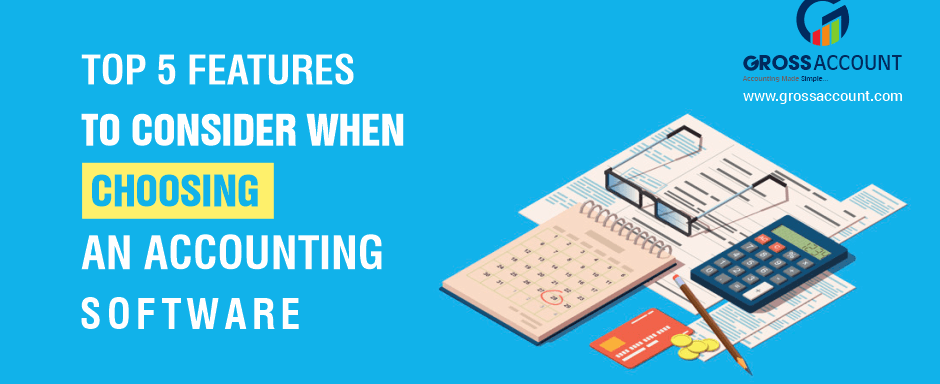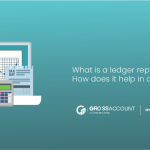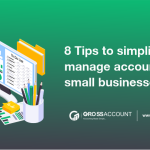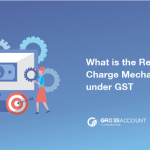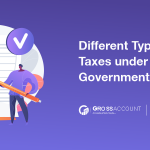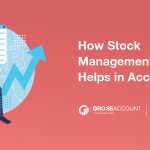As we all know that accounting software is a boon to business organizations, whether big or small. It reduces the manual labor of entering the financial data and the transactions on heavyweight books. Hence, it also eliminates the chances of error while entering the data of a large number of transactions manually and saves a lot of time.
Every business organization uses accounting software, according to its needs. Several accounting software is available in the market, having a different set of features. It depends on the organization on which one to deploy and use it in the company.
Selecting relevant accounting software for an organization is an important task to be fulfilled. One should keep in mind the requirements of the company and choose the most suitable accounting software. Due to the availability of a large number of accounting software available, one needs to do prior research before deciding which software to purchase and keep certain factors in mind.
Accounting Software Selection Criteria For Any Business
Generally, the questions asked while selecting the right software are related to the software being appropriate for the business, is it offering customer support and custom solutions to real-time errors, the amount of data it can store, will it be able to help in tax filings, will the data be secure and safe, will the data remain undamaged if the system fails, i.e., will we be able to take a back up of the data, is it storing data online, i.e., cloud-based storage, cost, and subscriptions, etc.
So let’s discuss the factors that help decide which software will be relevant to a particular organization and which is best for deployment observing the current scenario.
Also Read, How to track business accounting records via accounting software.
Size of the Company
Sometimes the deciding factor for choosing the right software may depend on the size of the company; if the company is a start-up, it need not have a software that provides a vast number of functionalities, just a simple accounting software which manages the financial data, transactions, tax calculations, etc. will do the job. Hence, it needs not to spend much on buying larger and costlier software. Similarly, in large organizations, where more employees are present, the software with basic functionalities won’t do the job.
It will need software with more functionalities, and the software might also include features like handling employee payrolls such as salary breakups, allowances, tax deductions, etc. Also, in a big organization, the data related to customers and their orders are more complex; hence, software that can handle more complexities might be required.
Deciding Requirements and Budget
Usually, start-up businesses lag in budgets and might not afford more complex software for their organization. Hence, they need to opt for software that is simple and has basic functionalities. Some of the accounting software is also available as an open-source that may contain the most basic features. Hence, one can download it and install it to its systems, or it might be possible for the lowest prices so that start-up businesses and small scale businesses could afford to buy them. So keep one thing in mind, more the features you ask for, more expensive it will have. So decide your budget and requirements before purchasing any software.
Type of Organization
This factor also plays a vital role in the decision-making process. If you own a manufacturing company, then you might need software that handles the data related to the raw material inventory, outstanding stock, payments pending and received, and so on. Hence, you need to have these functionalities included in your accounting software, and therefore upgrade to more complex and premium software. This might also cost you more, but it would help you save more time instead of maintaining these data manually.
On the other hand, if you are searching for accounting software, for example, for handling the data of a high school, you might not need the inventory management functions as required in the above case, as the amount of data would be small as compared to a large scale industry. Hence, the type of organization where the software is also deployed matters.
Ease of use
The software you choose for your business must be more straightforward and understandable, requiring less prior training to learn about its uses and least technical knowledge so that any layman can use it and understand it. The data entry, transactions should be carried out efficiently in lesser time and effort.
For larger organizations, where the complex functionalities are needed, appropriate training must be provided for those advanced features so that there won’t be any problem in the future while entering and retrieving the data. Hence, choose the software in such a way that it takes much lesser effort to learn, and even the person who is not known to accounts can learn and use it.
Accessibility and Portability
If your organization is a large scale industry, it might be possible that the workstations or departments are situated at remote locations. So, deploying the same software in different departments can be a cumbersome task. Also, purchasing the same software multiple times can cost you much more.
Again, if there is a need to pass the data from one department to another, the software at both the departments can never communicate with each other as both the software will have different platforms, architecture, workflows, etc. In this scenario, there would be an utmost need to have a system, which can be distributed over all the departments and workstations so that data can be accessed from anywhere and anytime. Even the communication between the workstations can be done using this distributed system.
This type of software is also called as a Portable Software or Platform. These are neutral architectural platforms, which means they do not depend on the system they are deployed. Hence, while choosing software for your larger organization, keep in mind the accessibility of data and the portability of the system.
So these were the five essential features to consider while choosing accounting software for your business or organization. I hope this helps!

